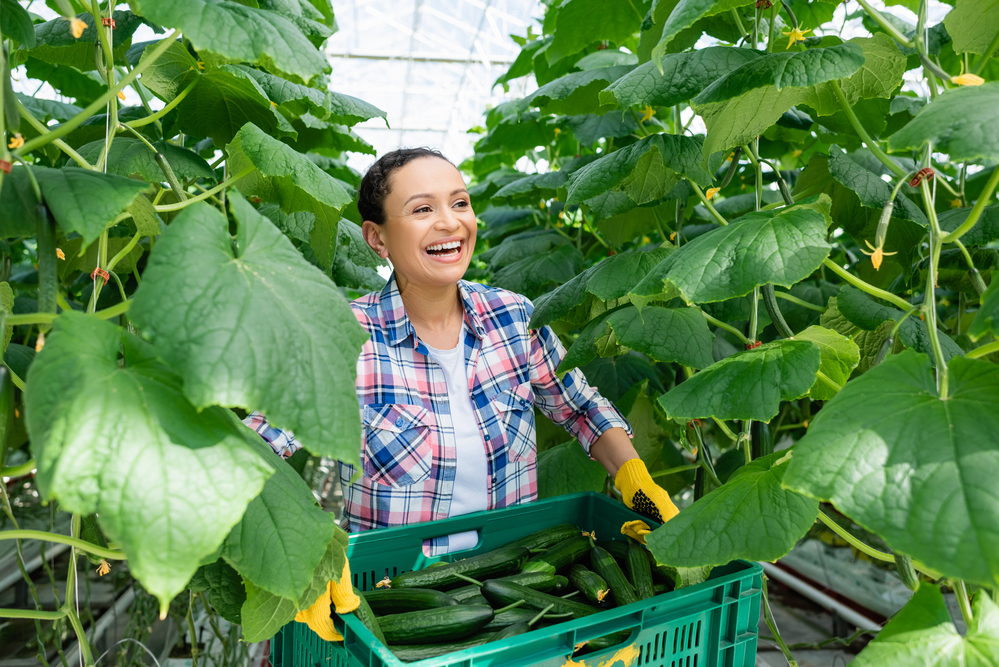The Institute organized a regional dialogue between delegations to the WTO Committee on Sanitary and Phytosanitary Measures, prior to the organization’s Ministerial Conference that will begin this month.

San Jose, 11 November 2021 (IICA). One hundred and twenty-six delegates from thirty-two countries of the Americas, including high-level representatives and heads of national delegations to the World Trade Organization’s Committee on Sanitary and Phytosanitary Measures (WTO SPS Committee) debated and exchanged experiences, in a bid to arrive at common positions to bolster the participation of the region in the forum and thereby facilitate commercial agricultural trade.
The occasion was a virtual meeting organized by the Agricultural Health and Food Safety (AHFS) program of the Inter-American Institute for Cooperation on Agriculture (IICA).
Among the topics of discussion were specific trade concerns regarding maximum residue limits for agricultural products, European Union (EU) legislation on veterinary drugs and matters related to the SPS working group on approval procedures.
Ana Marisa Cordero, AHFS Manager of the Institute explained that, “Rather than any specific position, above all, IICA values this opportunity to meet with members and to build their critical, analytical and cooperation capacities. The aim is to provide an opportunity for dialogue and to foster coordination on common positions that will enhance regional participation in the WTO SPS Committee, thereby facilitating trade in our agricultural products”.
The delegates also discussed the possible SPS Declaration for the WTO’s Twelfth Ministerial Conference, to take place on 30 November to 3 December in Geneva, Switzerland, with ministers of trade and other high-level representatives of the 164 members of the organization in attendance. The Declaration would address the growing pressures on production and international agrifood trade.
Jonathas Silveira and Robert Ahern, the heads of the Brazilian and United States’ delegations on the WTO SPS Committee, pointed out the possible shared benefits of the proposal to hold future debates on key sanitary and phytosanitary matters in the WTO, particularly regarding the adoption of new technology and the innovations needed to increase agrifood trade and sustainability.
Ahern presented the document New Opportunities and Emerging Challenges in International Trade in Food, Animals, And Plants , which seeks to provide a greater understanding of the Declaration.
With respect to maximum residue limits (MRLs), Costa Rica and Colombia informed the meeting about specific trade concerns raised in response to EU measures on phytosanitary protection products – a key topic for agriculture and tropical crops.
The discussions also pointed out the need for greater scientific justification and flexibility, and most of the countries present endorsed the perspectives and concerns that were shared.
MRLs are the maximum concentrations of pesticide residue that are permissible in a product without affecting human health. They are established by Codex Alimentarius, a group of international food standards that regulate food safety and quality, as well as fair practices in international food trade.
Addressing this matter, IICA Agricultural Health and Food Safety Specialist for the Northern Region, Horrys Friaca, presented the EU proposal on International Standards and Best Practices to Identify, Evaluate and Manage Pest Risks.
The next coordination session on SPS issues will take place during the first quarter of 2022, in accordance with the formal agenda of the WTO’s SPS Committee.
More information
Horrys Friaca, Agricultural Health and Food Safety Specialist











